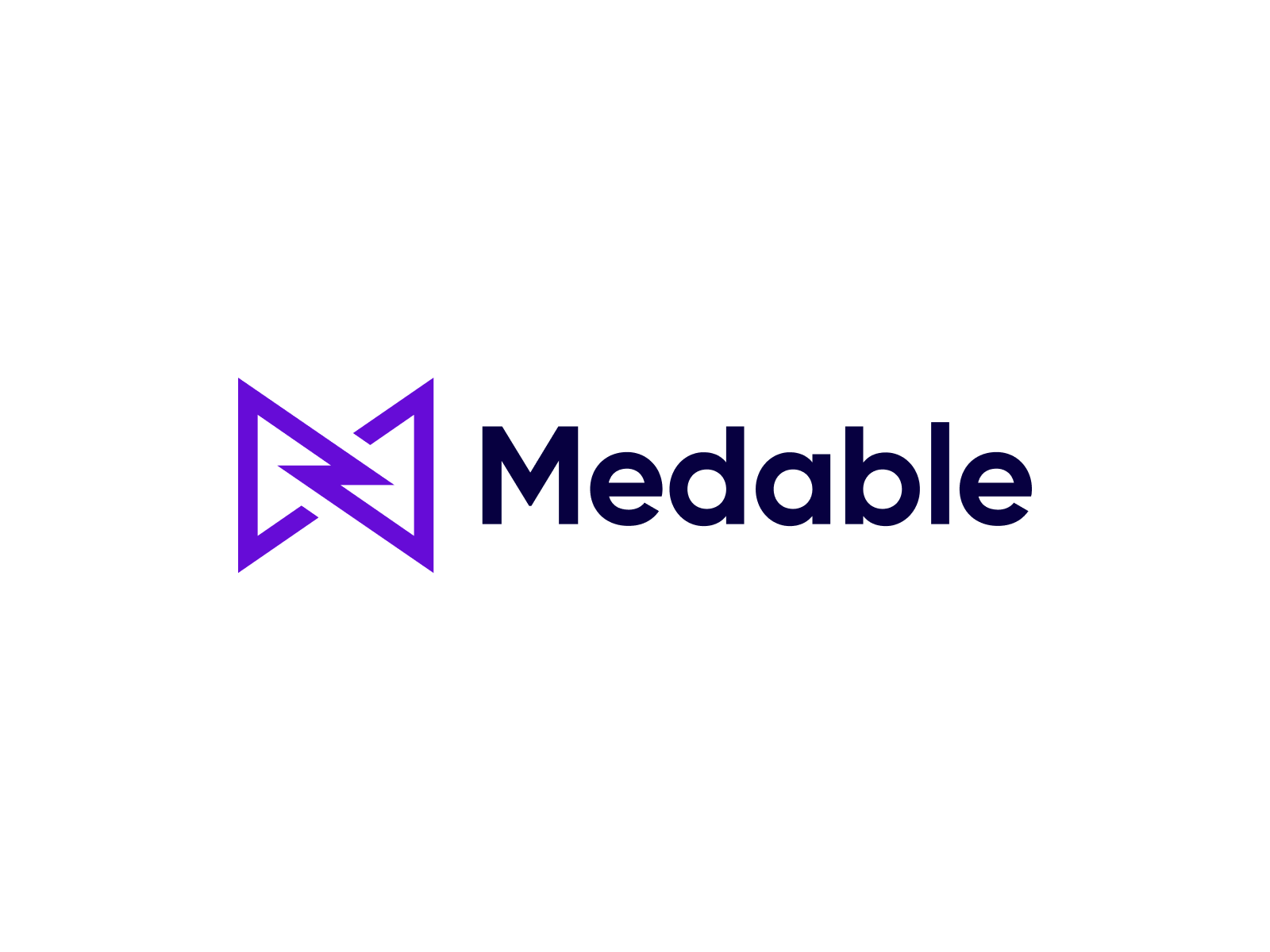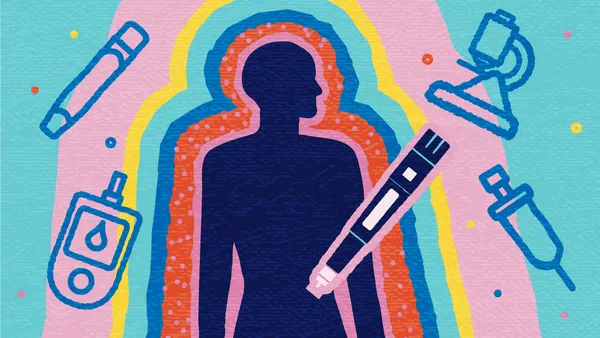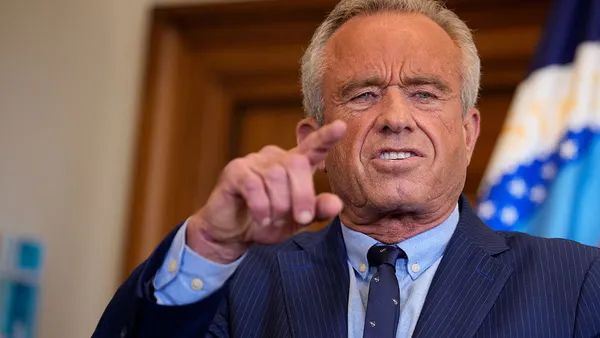Letter from the Editor Taren Grom Healthcare advertising is a sophisticated discipline, more so now than ever before, and it is subject to greater scrutiny and criticism. Have a life. Take back your vacation. This is the tagline for Universal Orlando’s multimillion dollar television ad campaign. A series of three ads for the theme park point out that Americans don’t take vacations. The first spot in the campaign broke January 24 and, according to industry sources, the media plan includes buys on such network hits as “The Apprentice,” “Law & Order S.V.U.,” “Dateline,” “Fear Factor,” and “Joey.” There also is a significant cable buy supporting the network media. While I can’t remember which show I was watching when I saw the first ad, I do recall being slightly amused by the dapper, yet smirking corporate executive pointing out that a dedicated, “26% of Americans don’t take any vacation time at all,” selflessly transforming “their time” into “our money.” The ad, as it was designed to do, resonated; the message was powerful and made an emotional connection. Everyone I know works too hard and could use a little R&R. But when I saw the second ad in the campaign, I was dumbstruck; I couldn’t believe what I was hearing or seeing. This ad depicted “a pharmaceutical industry spokesperson” commending overworked Americans for driving his industry to record profits thanks to stress-induced illness and depression. And not to worry, we have a pill to help you. I went to universalorlando.com to make sure I heard correctly, and sure enough, on the Website there were video clips of the three ads (the third ad is an undertaker looking straight at the camera and thanking Americans for working themselves into early graves). As we all know advertising is a powerful tool. Advertising incites purchasing, builds brand loyalty, fosters name recognition, and influences perception, among other motivating factors. In the realm of healthcare advertising, these communications also inform and educate. Healthcare advertising, whether professional or direct-to-consumer, is heavily regulated and scrutinized, and, at times, unfairly criticized for adding to the burden of growing healthcare costs. With public perception of the pharmaceutical industry at an all-time low, I was amazed that I didn’t find one reference related to this misrepresentation of the industry upon conducting a search on Google. In all fairness, as I was writing this letter, I went back to the universalorlando.com Website, and the pharmaceutical ad has been removed from the clip lineup. I placed a call to the company to find out if the ad was removed because of pressure from pharmaceutical companies; I’m still waiting for a reply even as the TV ad continues to play. With all due respect to corporate CEOs and funeral directors, whom I’m sure have their own problems, the pharmaceutical industry has enough challenges without having to contend with even more bad PR. Of course, pharmaceutical companies are in the business of making money; they are not altruistic corporations. But the dedicated men and women of this industry also are devoted to improving lives not to just “line the pockets of the pharmaceutical industry,” as these ads would have viewers believe. This is a terrible message to send. As you will read in this VIEW on Advertising, pharmaceutical marketers and their agency partners are committed to providing clear communications and sound strategies to make patients, consumers, physicians, and allied healthcare professionals more informed. Taren Grom Editor
An article from


Letter from the Editor
Filed Under:
Commercialization









